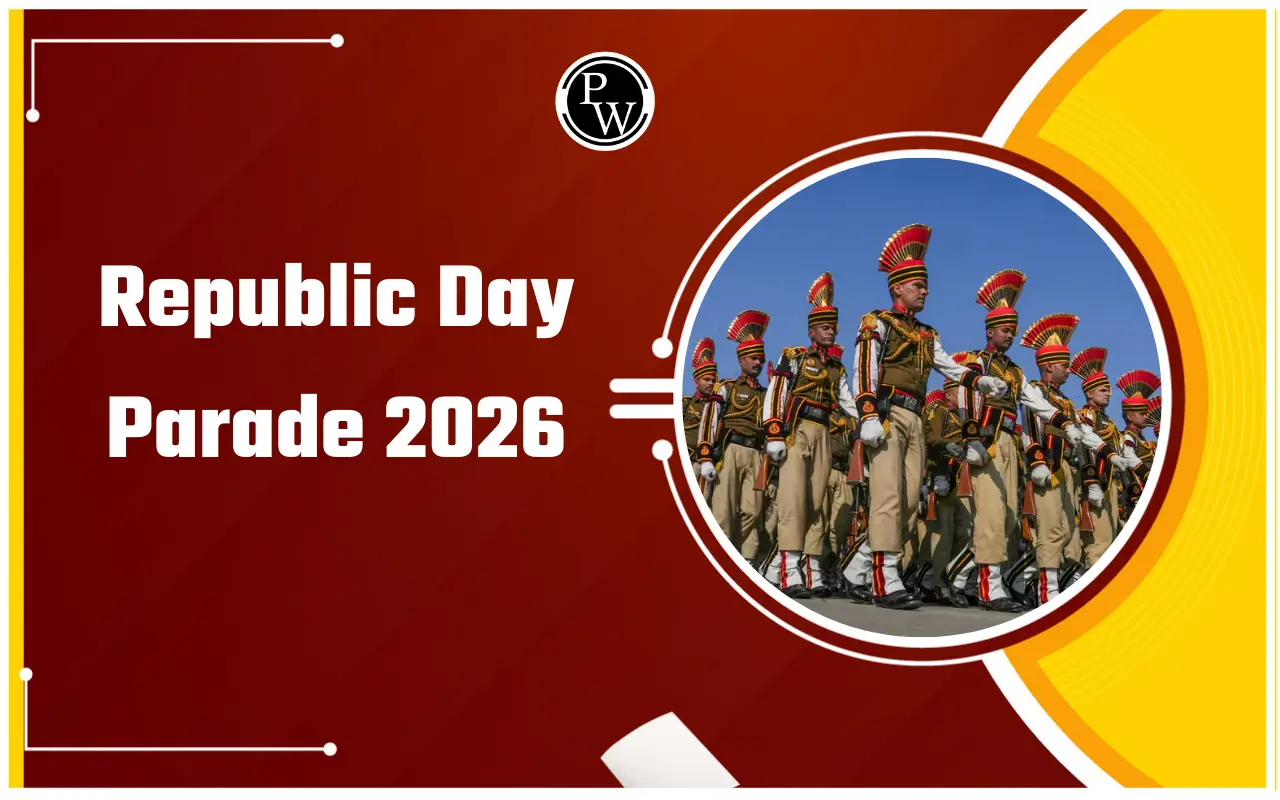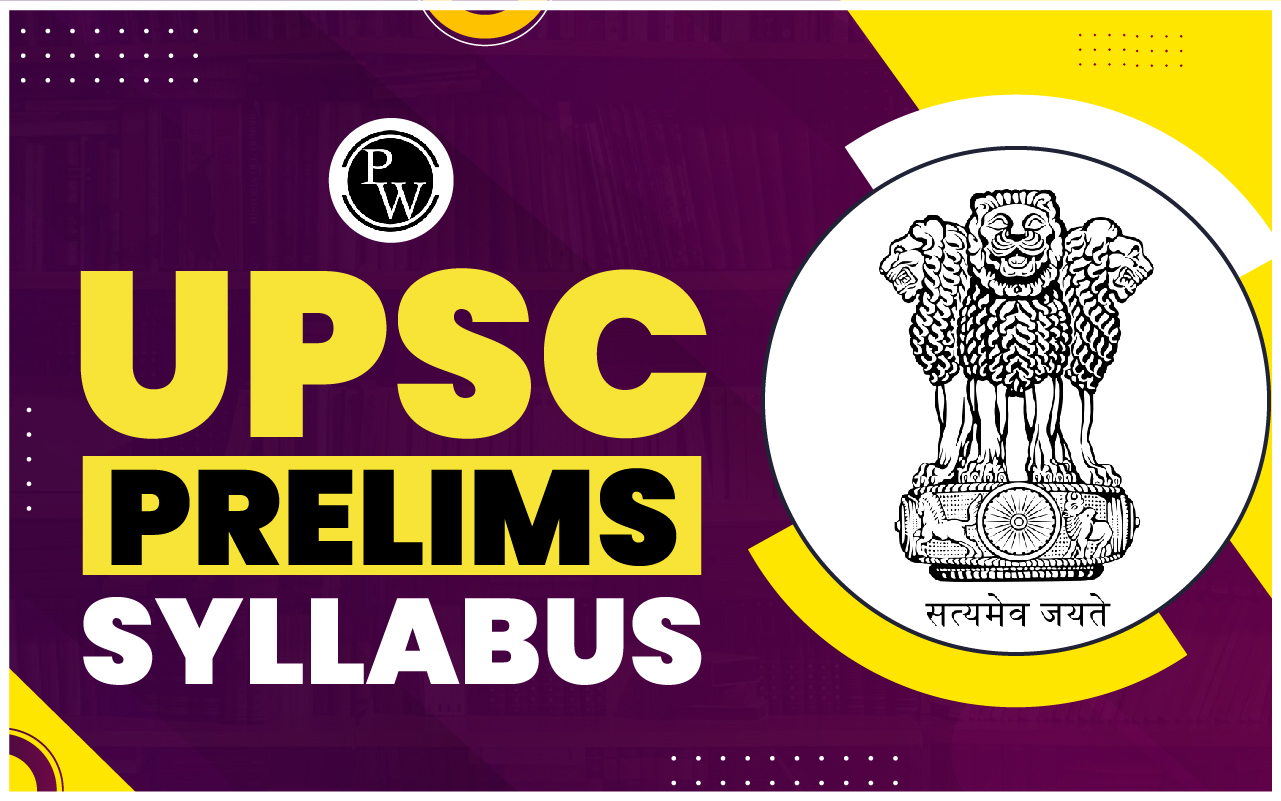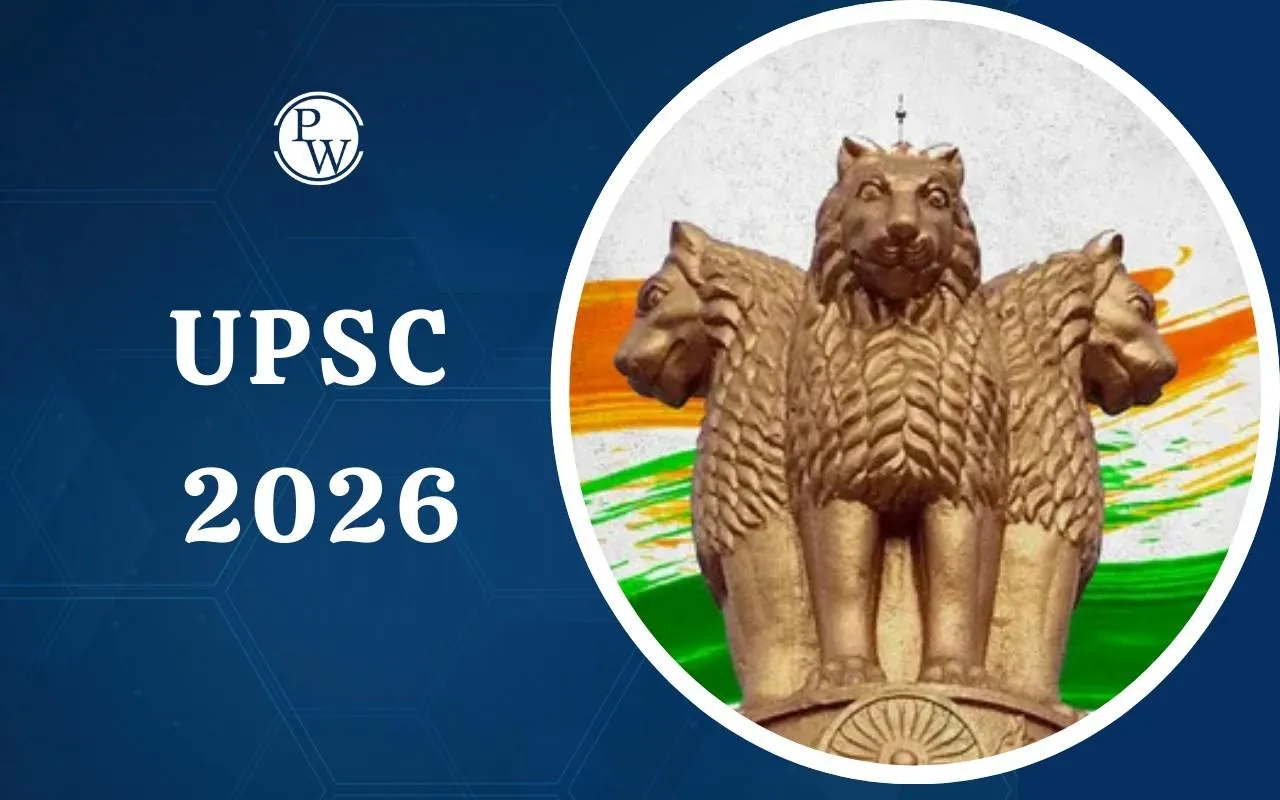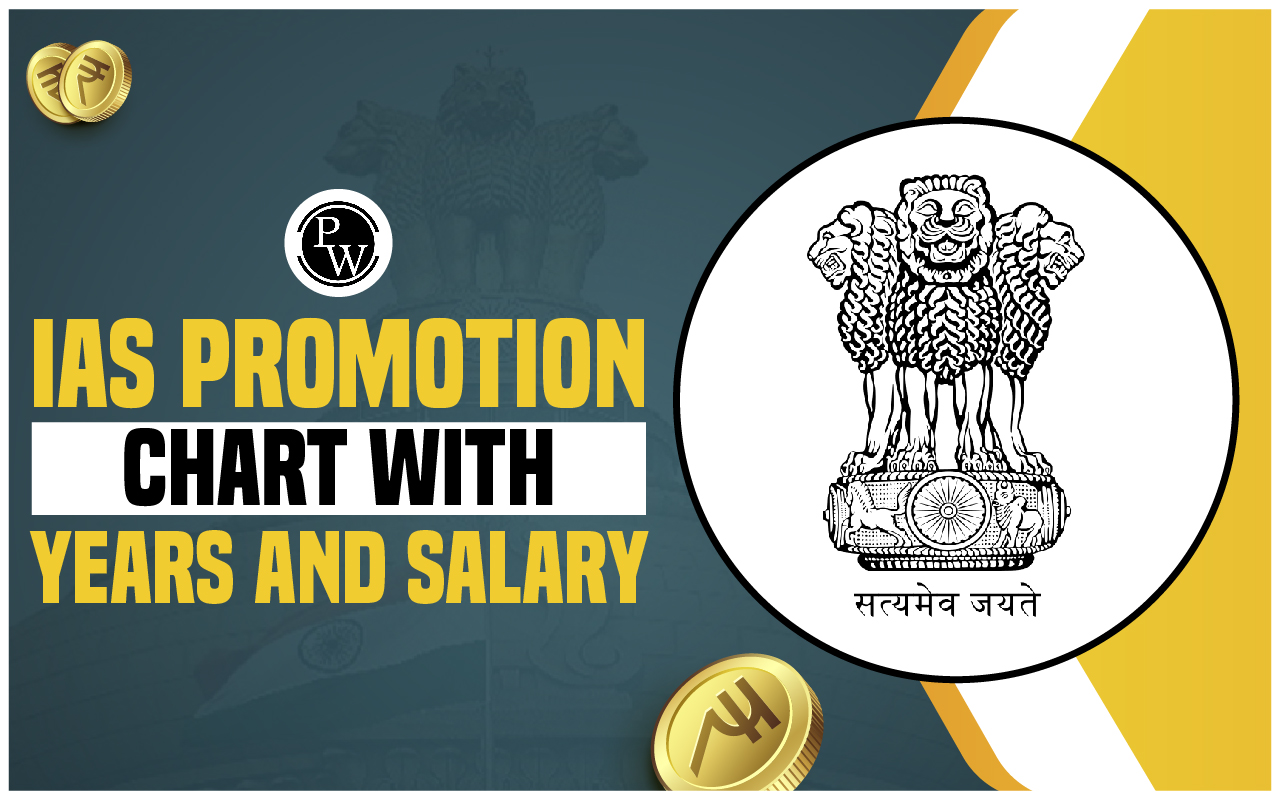
Cooperative Society is a fundamental socio-economic model in India, promoting the principle of 'Sahakar se Samriddhi' (prosperity through cooperation). These societies empower communities by enabling people with common needs to unite voluntarily and form a jointly-owned, democratically-controlled enterprise. The core objective of a cooperative is to serve the interests of its members, unlike typical companies that focus on maximizing shareholder profit.
The Cooperative Societies movement has played a crucial role in India's development, particularly in rural areas, by addressing challenges like poverty, financial exclusion, and market exploitation.
What are Cooperative Societies?
A Cooperative Society is formally defined as an autonomous association of persons united voluntarily to meet their common economic, social, and cultural needs and aspirations. These are organizations established on the ideas of cooperation, mutual welfare, and democratic governance.
The members of a Cooperative Society pool their resources, skills, or labor to achieve a collective goal that would be difficult or impossible to achieve individually.
For instance, farmers may form an agricultural cooperative to purchase seeds and fertilizers in bulk at reduced rates or collectively market their produce for better prices. In India, a cooperative society requires a minimum of ten adult members to be formed and must be registered to acquire a separate legal entity.
Features and Principles of Cooperative Societies
The operations of Cooperative Societies are guided by a set of globally accepted principles, which ensure their distinct democratic and service-oriented character:
-
Voluntary and Open Membership: Membership in a Cooperative Society is open to all who can use its services and are willing to accept the responsibilities of membership, without any social, religious, or political discrimination. Members are free to join or leave at their discretion after giving due notice.
-
Democratic Member Control (One Member, One Vote): Cooperatives are organizations controlled by their members, who actively participate in setting policies and making decisions. The rule of "one member, one vote" is followed, regardless of the amount of capital contributed by a member, ensuring equality in decision-making.
-
Service Motive: The primary goal is the welfare and mutual assistance of the members, rather than earning profit. Any surplus generated is distributed equitably among members based on their participation or reinvested for the society's growth.
-
Limited Liability: The financial risk of a member is limited only to the extent of the capital they have contributed to the society.
-
Separate Legal Entity: After compulsory registration under the relevant Cooperative Societies Act, the society acquires a distinct legal identity separate from its members. It can hold property, enter into contracts, and sue or be sued in its own name.
Historical Evolution of Cooperative Societies in India
The history of the cooperative movement in India is over a century old, predating independence.
Pre-Independence Era
-
Early Attempts (Late 19th Century): The movement primarily began as a measure to provide relief to farmers from the exploitation of moneylenders and rural indebtedness.
-
The Cooperative Credit Societies Act, 1904: This was the first official legislation that provided a legal basis for the formation of cooperative credit societies, focusing solely on providing credit support.
-
Cooperative Societies Act, 1912: As the movement grew beyond credit, this Act was passed to expand the scope of cooperatives, allowing for the formation of non-credit societies (like marketing and housing) and federal societies.
-
Transfer to Provinces (1919): Under the Government of India Act, 1919 (Montague-Chelmsford Reforms), 'Cooperation' became a provincial subject, allowing provincial governments to enact their own laws. The Bombay Cooperative Societies Act of 1925 was the first provincial act to incorporate the principle of "one-man one-vote".
Post-Independence Era
-
Integration with Planning: After 1947, cooperatives were recognized as a vital instrument for inclusive socio-economic growth and were integrated into India’s Five-Year Plans to support rural development and self-reliance.
-
NCDC (1963): The National Cooperative Development Corporation was established to promote and finance agricultural marketing and processing cooperatives.
-
White Revolution: The success of dairy cooperatives, particularly the Amul Pattern in Gujarat, led to the White Revolution, making India the world's largest milk producer and significantly improving rural livelihoods.
Constitutional Status and Legal Framework for Cooperative Societies
The Indian Constitution provides specific recognition and provisions to ensure the democratic and autonomous functioning of cooperative societies:
-
97th Constitutional Amendment Act, 2011: This amendment gave a constitutional status to cooperative societies and introduced three major changes:
-
Fundamental Right: It added the right to form Cooperative Societies as a Fundamental Right under Article 19(1)(c).
-
Directive Principle: It inserted a new Directive Principle of State Policy (DPSP), Article 43-B, to promote the voluntary formation and autonomous functioning of cooperative societies.
-
Part IX-B: It added a new part, Part IX-B, to the Constitution, containing detailed provisions (Articles 243-ZH to 243-ZT) for the incorporation, election of the board of directors, and audit of cooperative societies.
-
Multi-State Co-operative Societies (MSCS) Act, 2002: Cooperatives operating in more than one state are governed by this Central Act, while single-state cooperatives are governed by the respective State Co-operative Societies Act.
Types of Cooperative Societies in India
Cooperative Societies cater to diverse economic needs across various sectors. Some major types include:
|
Types of Cooperative Societies in India |
||
|
Type of Cooperative Society |
Key Objective |
Examples in India |
|
Consumer Cooperative Society |
To eliminate middlemen and supply essential goods to members at reasonable prices and good quality. |
Supermarkets, Consumer stores. |
|
Producer Cooperative Society |
To protect the interests of small producers (farmers, artisans) by helping them procure raw materials and market their produce. |
Handloom/Weavers Cooperatives. |
|
Credit Cooperative Society |
To provide affordable credit (loans) and financial services to members at low interest rates, protecting them from private moneylenders. |
Primary Agricultural Credit Societies (PACS), Urban Cooperative Banks (UCBs). |
|
Housing Cooperative Society |
To provide affordable housing facilities and services to members by pooling funds to acquire land and construct homes. |
Various Housing Societies in major cities. |
|
Marketing Cooperative Society |
To enable small producers to collectively market their produce, secure better prices, and achieve economies of scale. |
Amul (Dairy), IFFCO (Fertilizers), HOPCOMS (Horticulture). |
Role and Significance of Cooperative Societies in the Indian Economy
The Cooperative Societies sector is one of the strongest pillars of India's socio-economic fabric, contributing significantly to inclusive growth and rural employment.
-
Agricultural Sector: Primary Agricultural Credit Societies (PACS) are the grassroots organizations providing short-term loans and inputs like seeds and fertilizers to farmers. Marketing cooperatives like IFFCO (Indian Farmers Fertiliser Cooperative) are among the largest in the world, ensuring the availability of inputs and fair prices for produce.
-
Dairy and Sugar: Cooperatives, following the Anand Pattern (Amul), have revolutionized the dairy sector. They ensure that a significant portion of the consumer's price goes back to millions of small dairy farmers. Similarly, sugar cooperatives are a major force in sugar production, particularly in Maharashtra.
-
Financial Inclusion: Credit cooperatives and Urban Cooperative Banks (UCBs) facilitate access to affordable finance and savings options, especially for the economically weaker sections, thus promoting financial inclusion.
-
Empowerment: They empower marginalized communities and women. Organizations like the Self-Employed Women's Association (SEWA) Cooperative Federation showcase how cooperatives provide essential multi-dimensional services and financial support to the informal women workforce.
Challenges and Recent Initiatives to Strengthen Cooperative Societies
Despite their immense contribution, Cooperative Societies face several hurdles:
-
Lack of Professionalism: Many cooperatives, especially at the primary level, suffer from a lack of professional management, expertise, and operational efficiency.
-
Limited Capital: They often find it difficult to raise sufficient capital, which restricts their growth and diversification.
-
Political Interference: In some regions, over-reliance on government support and political patronage leads to external interference, which can undermine their autonomous and democratic character.
Government Initiatives (Resurgence Post-2021)
In a major push to revitalize the sector, the government has launched several initiatives:
-
Ministry of Cooperation (2021): A dedicated Ministry of Cooperation was established to provide a separate administrative, legal, and policy framework to strengthen the cooperative movement.
-
'Sahakar se Samriddhi': This vision aims to promote a cooperative-based economic development model.
-
PACS Digitization: A project worth ₹2,516 crore was launched to digitize and computerize over 15,000 PACS, enhancing their transparency and efficiency.
-
New National Level Cooperatives: Bodies like the National Cooperative Organic Limited (NCOL) have been set up to promote organic farming and align the sector with sustainable development goals.
Cooperative Societies FAQs
What is the constitutional status of Cooperative Societies in India?
What is the one member, one vote principle related to Cooperative Societies?
Name some of the largest Cooperative Societies in India.
What is the main difference between a cooperative society and a company?
When was the Ministry of Cooperation formed in India?










